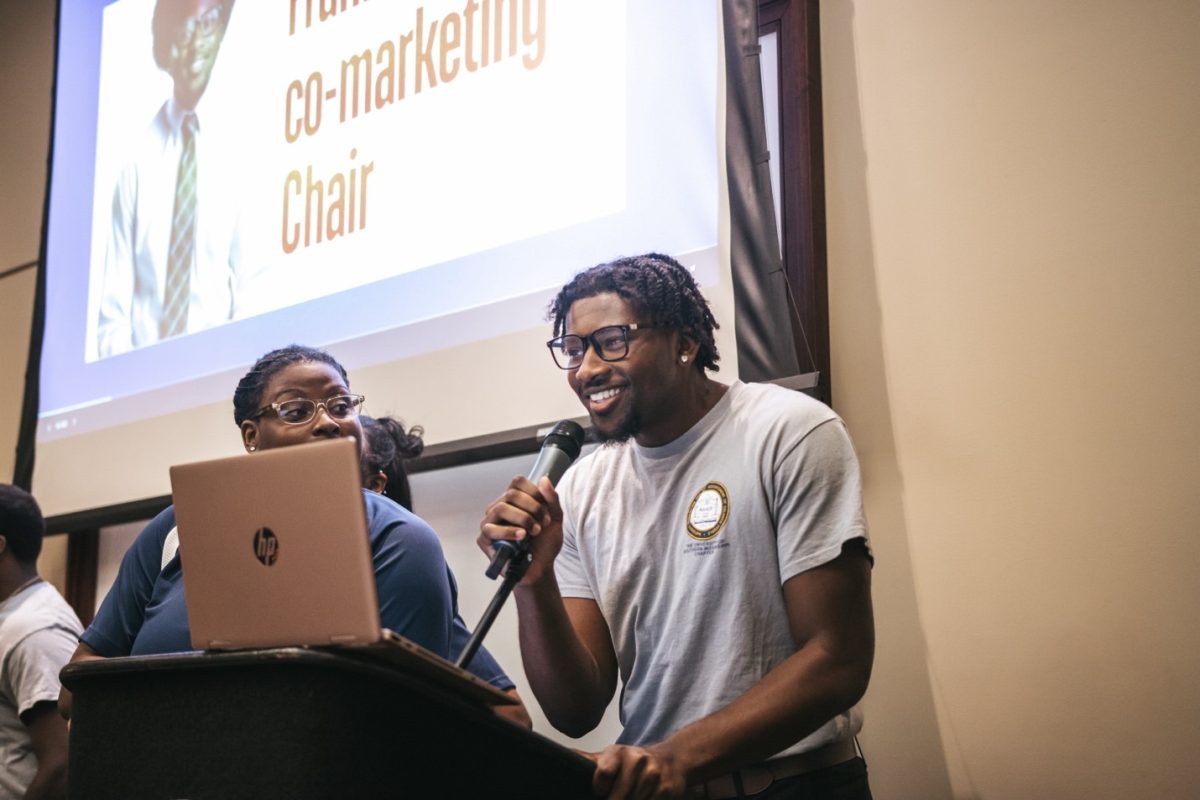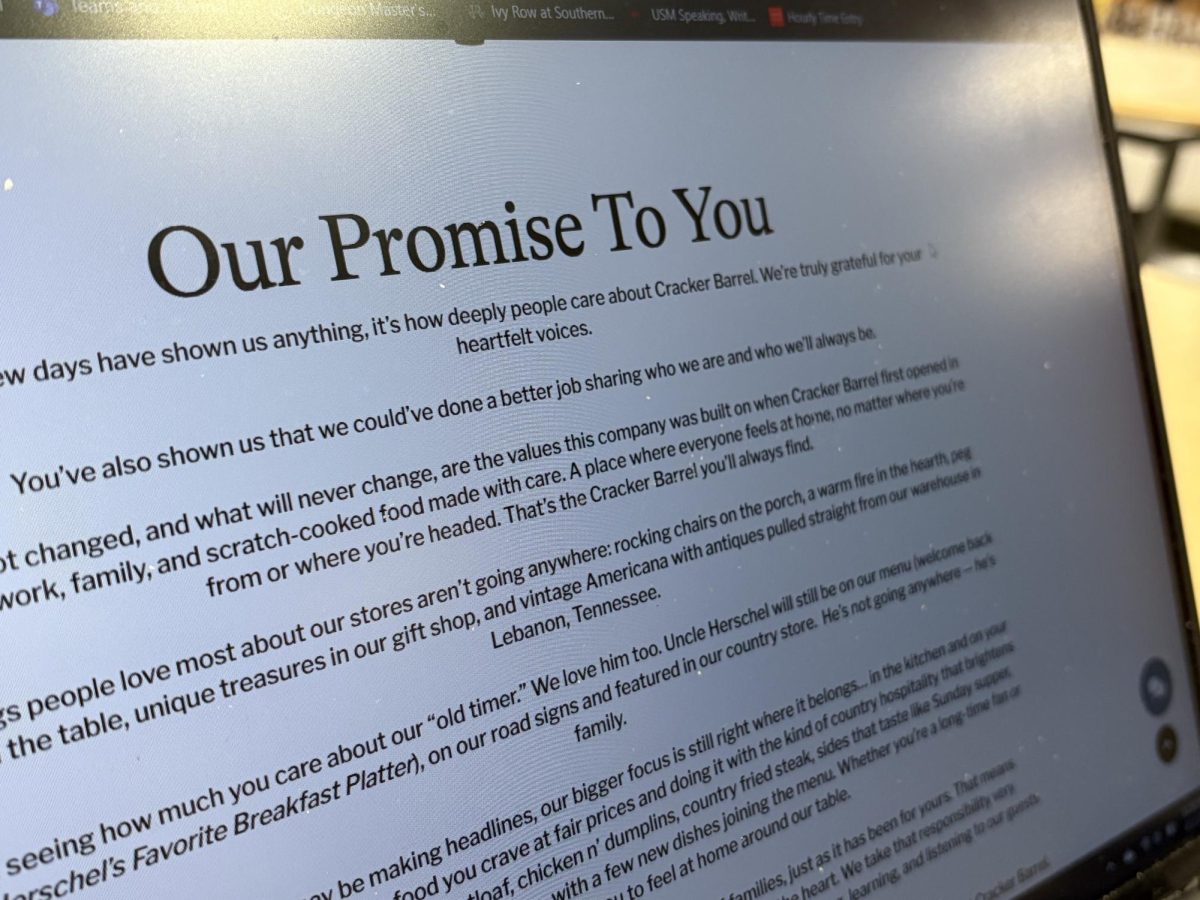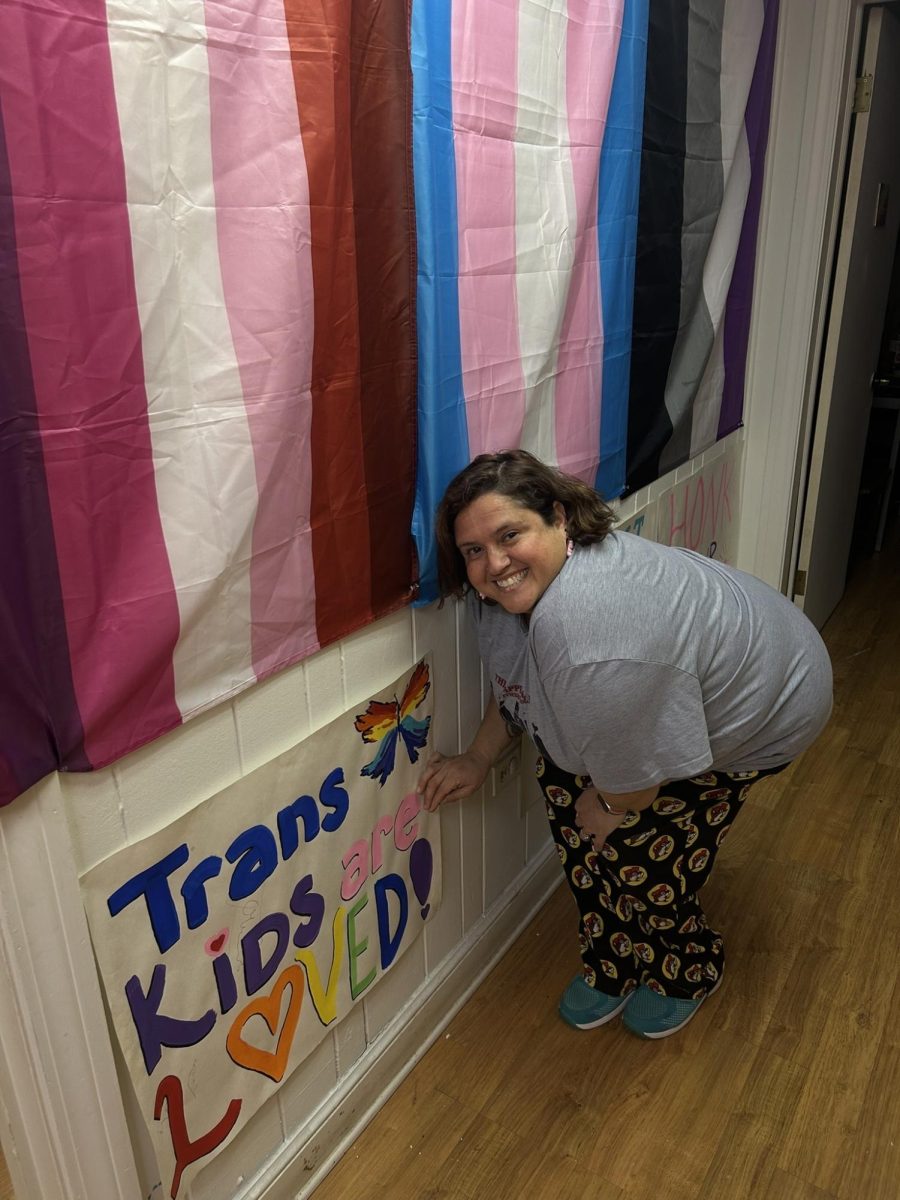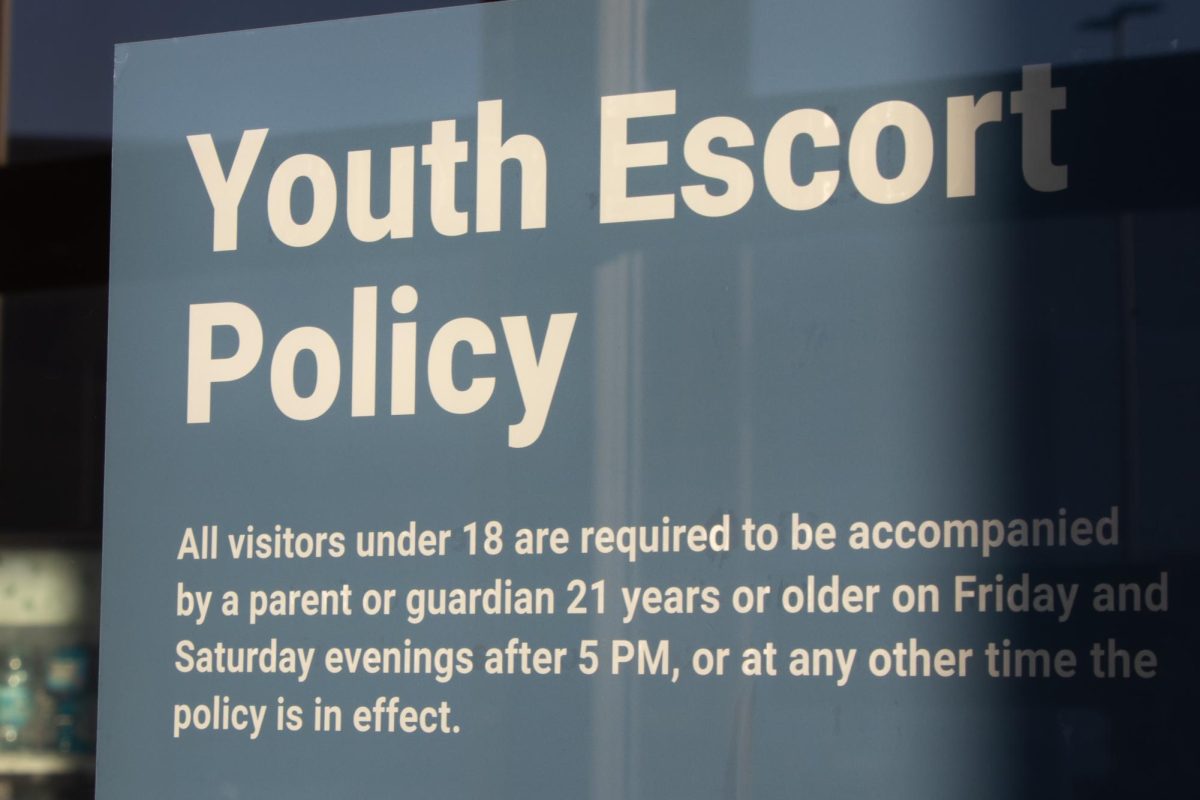Dear Southern Miss, one of your graduates wrote a book. It’s really good, but even more important is what the author is saying. The author, USM graduate James Hayden, wrote the series of 25 open letters to individuals who have been or will be on his journey with stuttering. Letters include “To My Speech Therapists,” “To My 10 Year Old Self,” “To My Unborn Children,” “To My Parents,” “To Other People Who Stutter” and “To My Friends.” Hayden asserts that his time at Southern Miss was instrumental in helping him to accept his stutter, though he states in “Acceptance, Peace, and Stuttering” that there are still days he struggles to maintain peace about his stutter.
“Yes, I have accepted and embraced my stutter, but to say I would deny the magic pill every day would be a lie,” Hayden said. “Those days are extremely rare and few and far between, but they are still there nonetheless. Maybe one day I can have both acceptance and peace, but for now, all I have is acceptance. And that’s OK. My lack of peace does not and will not discourage me from embracing acceptance or advocating for stuttering any chance I get.”
That is not to say Hayden just woke up one day and had completely accepted his stutter. Hayden attended speech therapy as a child, and again as a student at Southern Miss through the Speech- Language Hearing Clinic from 2013-2015.
“It was one of the best decisions I have ever made,” Hayden said. “I know I would not be where I am today if it wasn’t for my time there.”
Hayden also states in one of his letters, “For me to completely wish my stutter away, I would be wishing a big part of me away…When I say, ‘I stutter,’ I control it, and my stutter is just one of [the] numerous things that makes me, me.”
Hayden, who graduated in May of 2015, says that he hopes this book “could help any USM student who stutters or knows a person who stutters as well as give the speech pathology students a better insight to the mind and heart of a person who stutters.” Hayden also encourages others to embrace students who stutter, stating, “If we focus on what is being said instead of how it is being said, then hopefully any and all misconceptions and stigmas associated with stuttering will be a thing of the past.”
Hayden, who has been previously published by the Stuttering Foundation, has a select few of his “letters” published on the online platform, The Mighty, under his personal account. These letters are just a small preview to the struggles, feelings, circumstances and day-to-day battles experienced by Hayden and others who have a stutter. Hayden recounts one such circumstance in the letter titled “What It Feels Like When I Stutter,” where he was forced to speak in front of a large group of coworkers, many of them he had yet to meet, unexpectedly. “I hated that my stutter was able to introduce itself to them before I could introduce myself to them. I’ve [had] been at that same job for nearly two years now and I can say with confidence that no [one] care nor cares that I stutter.”
Hayden’s book is available for purchase or download on Amazon.
































